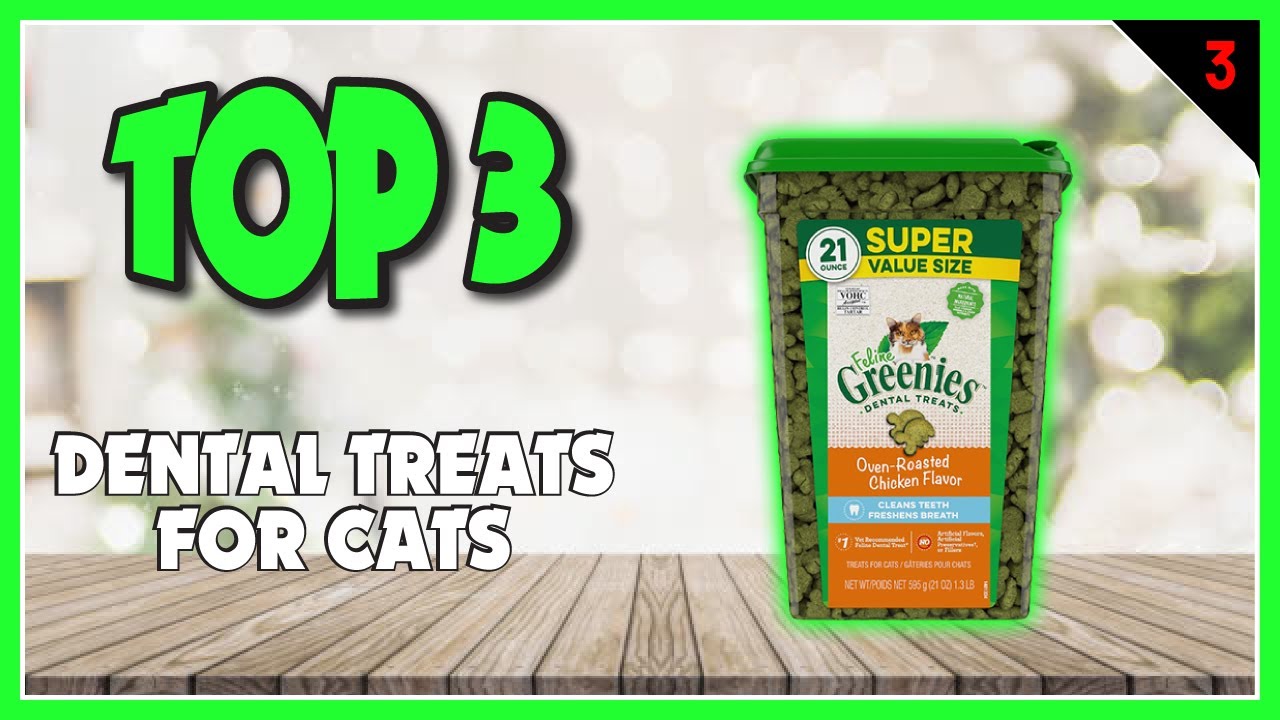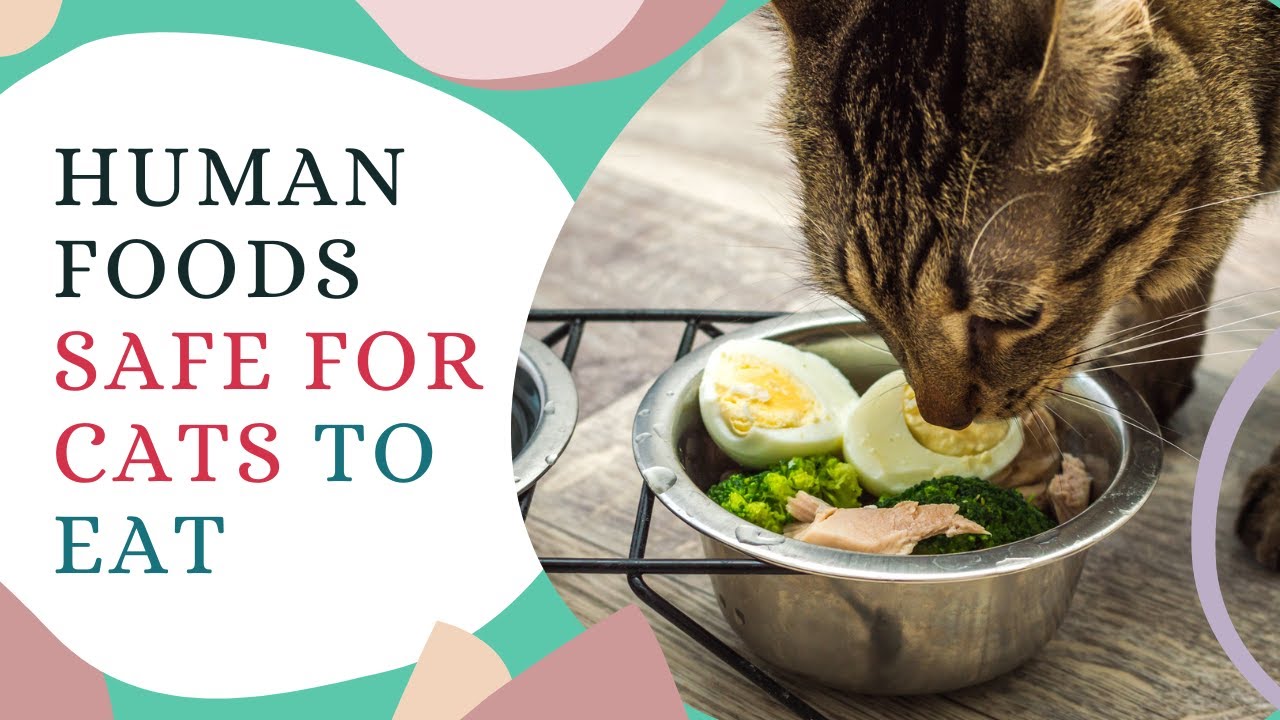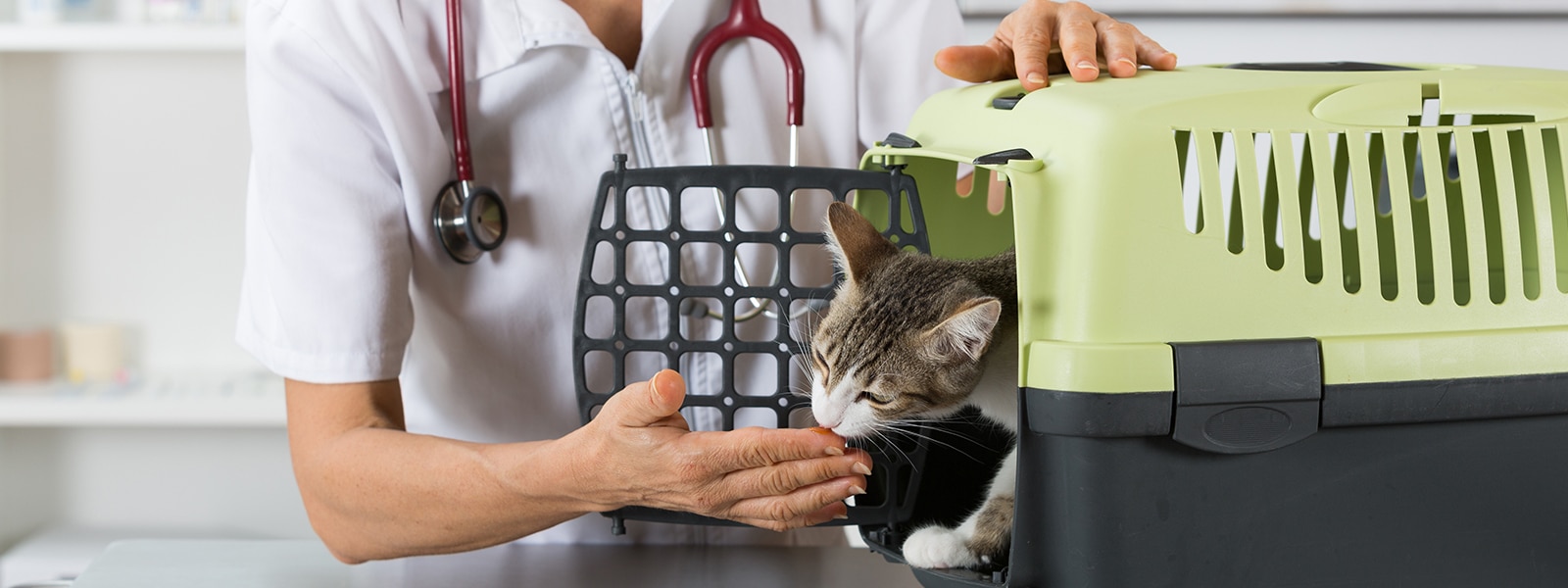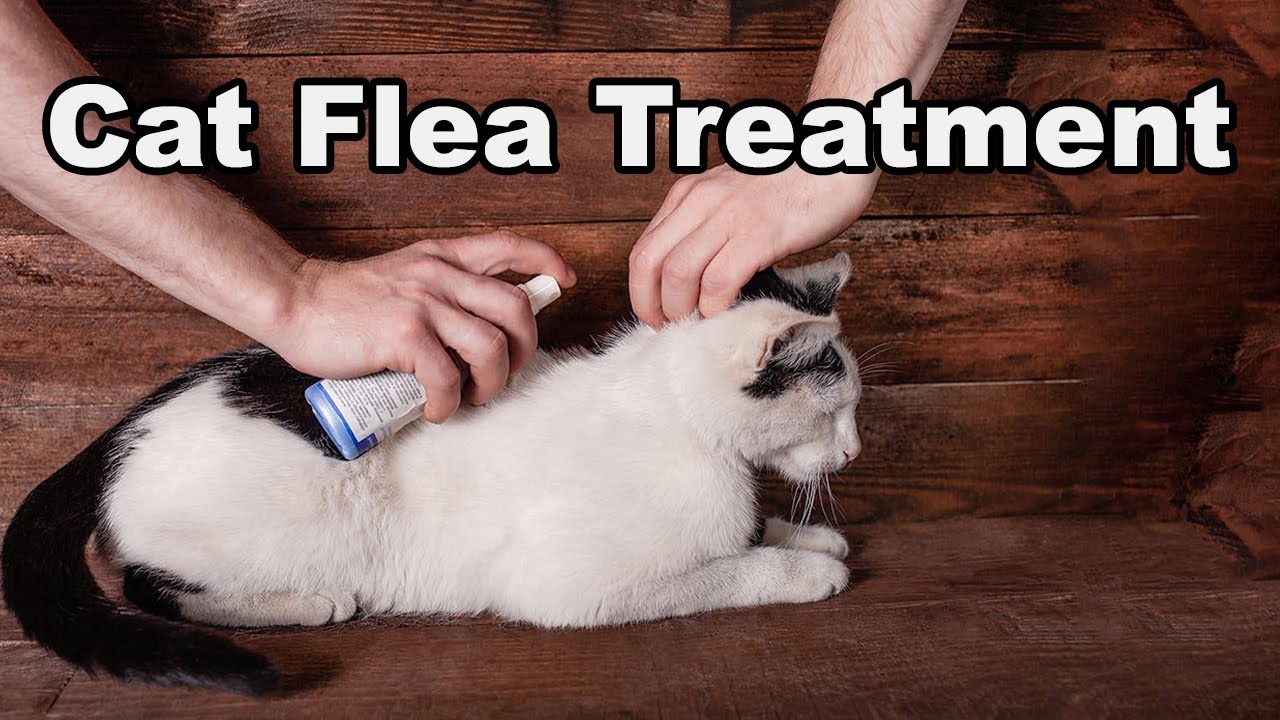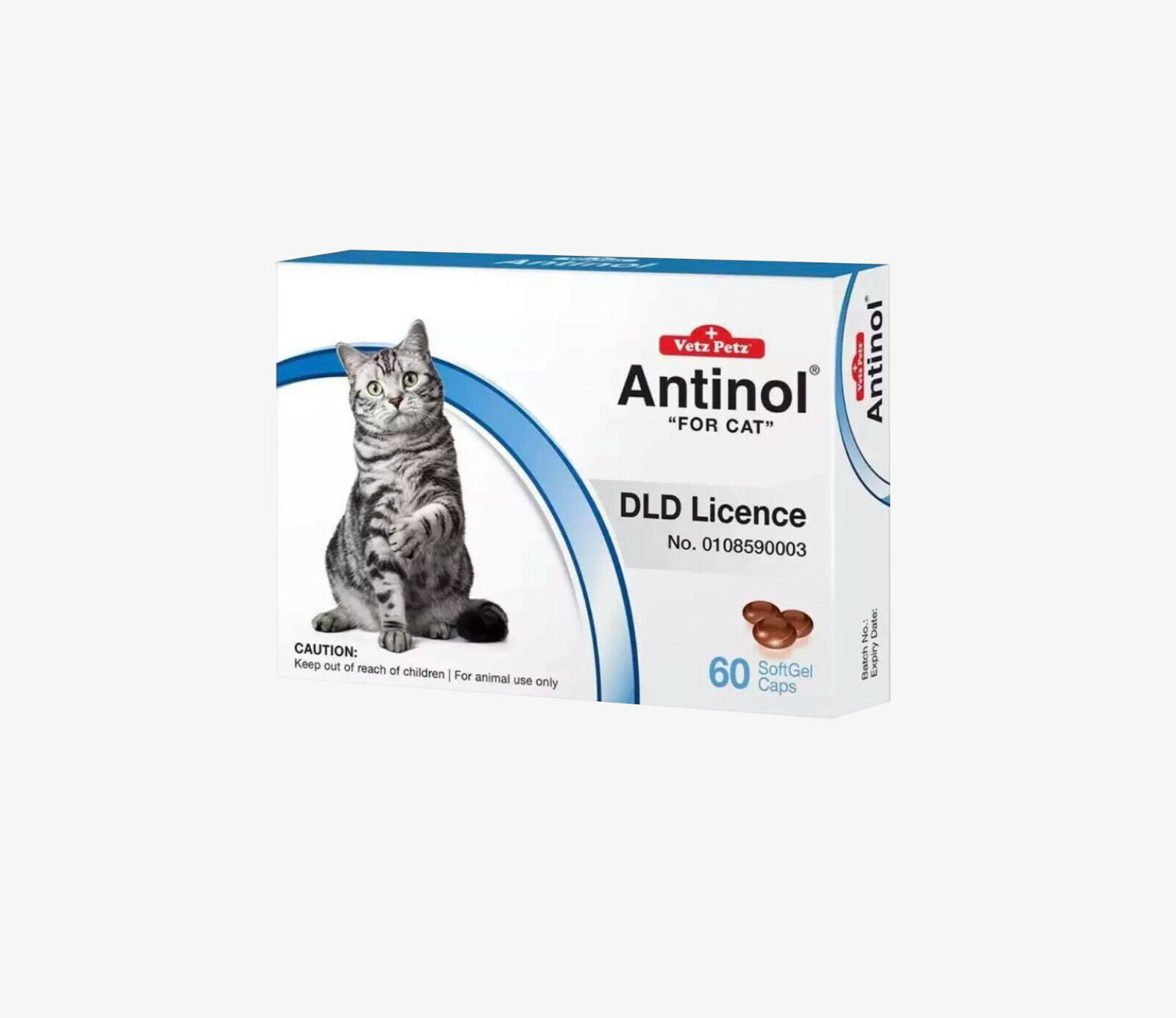As a devoted cat owner, ensuring your feline companion thrives is a top priority. Cats bring joy with their playful antics and affectionate purrs, but maintaining their health requires more than just love and a balanced diet. In 2025, organic supplements have become a popular choice for pet owners seeking natural, high-quality solutions to support their cat’s well-being. From boosting immunity to improving coat shine and aiding digestion, organic supplements can address specific health needs while aligning with a holistic approach to pet care.
Navigating the world of cat supplements can be daunting, with countless products claiming to be the best. For cat owners, challenges include identifying safe, effective organic options, understanding ingredient benefits, and avoiding artificial additives. This guide is designed to empower you with clear, actionable information to choose the best organic supplements for your cat. it offers practical steps, expert insights, real-life examples, and the latest veterinary advice. Whether your cat is a kitten, adult, or senior, we’ll guide you through selecting supplements to enhance their health naturally. Let’s dive in and help your cat live their best life!
Why Choose Organic Supplements for Cats?
Organic supplements are made from natural, minimally processed ingredients, free from synthetic chemicals, preservatives, and artificial additives. Here’s why they’re a great choice for cats in 2025:
-
Purity and Safety: Certified organic products meet strict standards, ensuring no harmful pesticides or GMOs, reducing the risk of adverse reactions.
-
Nutrient-Rich: Organic ingredients, like whole foods and herbs, retain higher nutritional value, supporting overall health.
-
Environmental Impact: Organic farming practices are sustainable, aligning with eco-conscious pet care.
-
Tailored Benefits: Supplements target specific needs, such as joint health, digestion, or immunity, with natural ingredients cats’ bodies can process effectively.
Personal Insight: As a cat owner, I’ve seen my pet, Luna, thrive after switching to organic supplements. Her coat became glossier, and her energy levels improved, showing me the power of natural ingredients.
Key Benefits of Organic Supplements for Cats
Organic supplements can support various aspects of feline health:
-
Digestive Health: Probiotics and fiber-rich ingredients promote a healthy gut microbiome.
-
Skin and Coat: Omega-3 fatty acids and vitamins enhance coat shine and reduce itching.
-
Joint Support: Glucosamine and green-lipped mussel powder improve mobility, especially in seniors.
-
Immune Function: Antioxidants like vitamin C and organic kelp boost immunity.
-
Urinary Health: Cranberry and plant-based ingredients support a healthy urinary tract.
Expert Tip: Always consult a veterinarian before adding supplements to your cat’s diet to ensure they address specific needs without interfering with existing conditions or medications.
Step-by-Step Guide to Choosing the Best Organic Supplements for Cats
Selecting the right organic supplement requires careful consideration. Here’s how to make an informed choice in 2025:
Step 1: Identify Your Cat’s Needs
Assess your cat’s health and lifestyle:
-
Age: Kittens need growth support (e.g., DHA for brain development), adults require maintenance (e.g., taurine for heart health), and seniors benefit from joint and immune support.
-
Health Conditions: Note issues like allergies, arthritis, or urinary problems.
-
Diet: Check if their current food lacks specific nutrients (e.g., omega-3s in dry food diets).
Real Example: Tolu, a cat owner in Lagos, noticed her senior cat, Simba, was less active. After consulting a vet, she chose an organic joint supplement, which improved Simba’s mobility within weeks.
Step 2: Look for Trusted Certifications
Ensure the supplement is genuinely organic:
-
USDA Organic or Equivalent: Confirms no synthetic pesticides or GMOs.
-
National Animal Supplement Council (NASC) Seal: Verifies quality control and safety testing.
-
Third-Party Testing: Ensures purity and accurate labeling.
Table 1: Key Supplement Certifications
|
Certification |
Description |
Benefit |
|---|---|---|
|
USDA Organic |
No synthetic pesticides/GMOs |
Ensures purity |
|
NASC Seal |
Strict quality control |
Guarantees safety |
|
Third-Party Tested |
Independent purity verification |
Confirms ingredient accuracy |
Table Explanation: This table lists certifications to look for in organic supplements, describing their standards and benefits. “NASC” refers to the National Animal Supplement Council, and “third-party tested” indicates independent lab verification.
Step 3: Check Ingredient Quality
Prioritize high-quality, organic ingredients:
-
Whole Foods: Organic kelp, flaxseed, or cranberries provide natural nutrients.
-
No Fillers: Avoid artificial flavors, colors, or preservatives.
-
Essential Nutrients: Look for omega-3s, probiotics, glucosamine, or taurine, depending on needs.
Expert Advice: Cats cannot convert plant-based ALA omega-3s into DHA/EPA efficiently, so choose animal-sourced omega-3s (e.g., fish oil) for maximum benefit.
Step 4: Choose the Right Form
Supplements come in various forms to suit your cat’s preferences:
-
Powders: Easy to mix with food (e.g., Wholistic Feline Complete™).
-
Chews: Tasty for picky eaters (e.g., Nutramax Cosequin).
-
Liquids: Ideal for precise dosing (e.g., Nordic Naturals Omega-3 Cat).
-
Lickables: Convenient for finicky cats (e.g., Zesty Paws Mousse).
Step 5: Research Reputable Brands
Select brands with a strong reputation and veterinary backing:
-
Wholistic Pet Organics: Known for organic, human-grade supplements like Feline Complete™.
-
The Missing Link: Offers NASC-certified superfood powders for overall wellness.
-
Pets Purest: Provides 100% natural supplements with transparent ingredients.
-
NHV Natural Pet: Specializes in holistic, vet-formulated remedies.
Table 2: Top Organic Supplement Brands
|
Brand |
Key Product |
Benefits |
|---|---|---|
|
Wholistic Pet Organics |
Feline Complete™ |
Immunity, digestion |
|
The Missing Link |
Feline Wellbeing Powder |
Skin, coat, immunity |
|
Pets Purest |
Salmon Oil for Cats |
Coat, joint health |
|
NHV Natural Pet |
Multi Essentials |
Overall wellness |
Table Explanation: This table highlights leading organic supplement brands, their flagship products, and primary benefits. “Feline Complete™” and “Multi Essentials” are multivitamins, while “salmon oil” targets specific health aspects.
Step 6: Consult Your Veterinarian
Before starting any supplement:
-
Discuss your cat’s health history and current diet.
-
Confirm appropriate dosages to avoid over-supplementation (e.g., excess calcium can cause urinary stones).
-
Ensure compatibility with medications or conditions (e.g., diuretics in urinary supplements may affect kidney disease).
When I introduced an organic probiotic to Luna’s diet, my vet’s guidance on dosage prevented digestive upset, ensuring a smooth transition.
Step 7: Start with a Small Dose
Introduce supplements gradually:
-
Begin with half the recommended dose to monitor for reactions.
-
Mix with wet food or use lickable forms for picky eaters.
-
Watch for side effects like diarrhea or lethargy, and stop if adverse reactions occur.
Step 8: Monitor Effectiveness
Track your cat’s progress over 2–4 weeks:
-
Skin/Coat: Look for glossier fur or reduced scratching.
-
Mobility: Note improved movement in seniors.
-
Digestion: Check for regular, soft stools.
-
Energy: Observe increased vitality.
Table 3: Signs of Supplement Effectiveness
|
Health Aspect |
Improvement Signs |
Timeframe |
|---|---|---|
|
Skin/Coat |
Glossier fur, less itching |
2–4 weeks |
|
Joints |
Better mobility, less stiffness |
4–6 weeks |
|
Digestion |
Regular, soft stools |
1–2 weeks |
Table Explanation: This table outlines health aspects improved by supplements, observable signs, and expected timeframes. “Soft stools” indicates healthy digestion, and “weeks” denotes typical duration for results.
Step 9: Maintain a Routine
Incorporate supplements into your cat’s daily regimen:
-
Store in a cool, dry place to preserve potency.
-
Follow vet-recommended schedules (e.g., daily for multivitamins, as-needed for joint support).
-
Pair with a high-quality, balanced diet to maximize benefits.

A cat’s shiny coat reflects the benefits of organic omega-3 supplements.
Top Organic Supplements for Cats in 2025
Based on quality, certifications, and effectiveness, here are the best organic supplements for cats:
-
Wholistic Feline Complete™ (Wholistic Pet Organics)
-
Type: Powder multivitamin
-
Benefits: Supports immunity, digestion, and coat with organic kelp, flaxseed, and whole fish protein.
-
Pros: NASC-certified, no fillers, organic pumpkin flavor.
-
Cons: Lacks taurine, so pair with taurine-rich food.
-
Price: ~$25 for 4 oz.
-
-
The Missing Link Feline Wellbeing Supplement
-
Type: Superfood powder
-
Benefits: Boosts skin, coat, and immunity with organic flaxseed, kelp, and alfalfa.
-
Pros: NASC-certified, FDA-registered facility, easy to mix.
-
Cons: May not suit cats with beef allergies (contains beef liver).
-
Price: ~$19 for 6 oz.
-
-
Pets Purest Salmon Oil for Cats
-
Type: Liquid omega-3
-
Benefits: Enhances coat shine and joint health with 100% natural salmon oil.
-
Pros: No additives, easy to administer, UK-based quality.
-
Cons: Strong smell may deter some cats.
-
Price: ~$15 for 200 ml.
-
-
NHV Multi Essentials
-
Type: Liquid multivitamin
-
Benefits: Supports overall wellness with organic herbs like spirulina and dandelion.
-
Pros: Vet-formulated, holistic, gentle on digestion.
-
Cons: Liquid form may be messy for some owners.
-
Price: ~$30 for 100 ml.
-
-
AniForte 4in1 Complete for Cats
-
Type: Powder multivitamin
-
Benefits: Promotes digestion, immunity, and coat health with organic spirulina and eggshell powder.
-
Pros: All-natural, supports raw diets, affordable.
-
Cons: Limited availability in some regions.
-
Price: ~$18 for 60g.
-

A cat enjoys organic supplement powder mixed with wet food.
Overcoming Common Challenges
Cat owners may face hurdles when introducing supplements, but solutions exist:
-
Challenge: Picky Eaters
-
Solution: Use lickable or flavored supplements (e.g., Zesty Paws Mousse) or mix powders with wet food.
-
-
Challenge: Over-Supplementation
-
Solution: Follow vet-recommended dosages and avoid combining multiple multivitamins.
-
-
Challenge: Identifying Quality Products
-
Solution: Check for NASC certification and read customer reviews on platforms like Amazon or Chewy.
-
Real Example: Ada, a cat owner in Abuja, struggled to get her cat, Milo, to accept a powder supplement. By mixing it with tuna-flavored wet food, Milo began eating it eagerly, showing improved coat health within a month.
Expert Tips for Using Organic Supplements
-
Start Slow: Introduce supplements gradually to avoid digestive upset.
-
Check Labels: Ensure ingredients are organic and free from artificial additives.
-
Prioritize Vet Advice: Supplements are not a substitute for a balanced diet or medical treatment.
-
Look for Transparency: Choose brands that list all ingredients clearly.
-
Monitor Long-Term: Reassess supplement needs annually with your vet as your cat’s health evolves.
Success Stories from Cat Owners
-
OSAKWUE, Lagos: Osakwue’s cat, Bella, had dull fur and low energy. After using Wholistic Feline Complete, Bella’s coat became vibrant, and she was more playful within three weeks.
-
Funmi, Port Harcourt: Funmi’s senior cat, Max, struggled with arthritis. Pets Purest Salmon Oil improved his mobility, allowing him to jump onto furniture again.
 A senior cat thrives with organic joint supplements, regaining mobility.
A senior cat thrives with organic joint supplements, regaining mobility.
Financial Considerations
Organic supplements vary in cost, but they’re an investment in your cat’s health:
-
Powders: $15–$30 for 2–6 oz (1–3 months’ supply).
-
Liquids: $10–$25 for 100–200 ml.
-
Chews: $20–$35 for 60–120 count.
-
Subscriptions: Brands like Pets Purest offer 20% off with auto-delivery.
Expert Tip: Buy in bulk or use subscription services on platforms like Chewy or Amazon to save up to 35%.
Frequently Asked Questions (FAQs)
-
Do cats need supplements if they eat high-quality food?
Not always, but supplements can address specific needs (e.g., joint issues, allergies). Consult a vet. -
Are organic supplements safe for kittens?
Yes, with vet approval. Kittens benefit from DHA or probiotics, but avoid adult-focused formulas. -
How long do supplements take to work?
1–6 weeks, depending on the health aspect (e.g., digestion improves faster than joints). -
Can I give human supplements to my cat?
No, human dosages (e.g., vitamin A or D) can be toxic to cats. Use cat-specific products. -
What’s the best supplement for senior cats?
Joint supplements like Nutramax Cosequin or multivitamins like VetriScience Senior MultiVitamin. -
Can supplements cause side effects?
Rarely, but over-dosing or allergies can cause diarrhea or lethargy. Follow vet guidance. -
Are organic supplements better than non-organic?
Organic options avoid synthetic chemicals, offering purer ingredients, but efficacy depends on formulation. -
How do I know if a supplement is working?
Look for signs like shinier fur, better mobility, or improved digestion within weeks. -
Can supplements help with urinary issues?
Yes, organic cranberry-based supplements (e.g., Wholistic WholeCran Intense™) support urinary health. -
Where can I buy organic cat supplements?
Trusted retailers include Amazon, Chewy, Petco, or brand websites like Wholistic Pet Organics.
Conclusion
Choosing the best organic supplements for your cat in 2025 is a powerful way to enhance their health and happiness. By selecting high-quality, certified products tailored to your cat’s needs, you can support their digestion, mobility, immunity, and more. With careful research, veterinary guidance, and a commitment to natural care, you’ll give your feline friend the gift of vitality.
Start exploring organic supplements today by checking trusted retailers like Chewy or consulting your vet. Your cat deserves the best—begin their wellness journey now!

